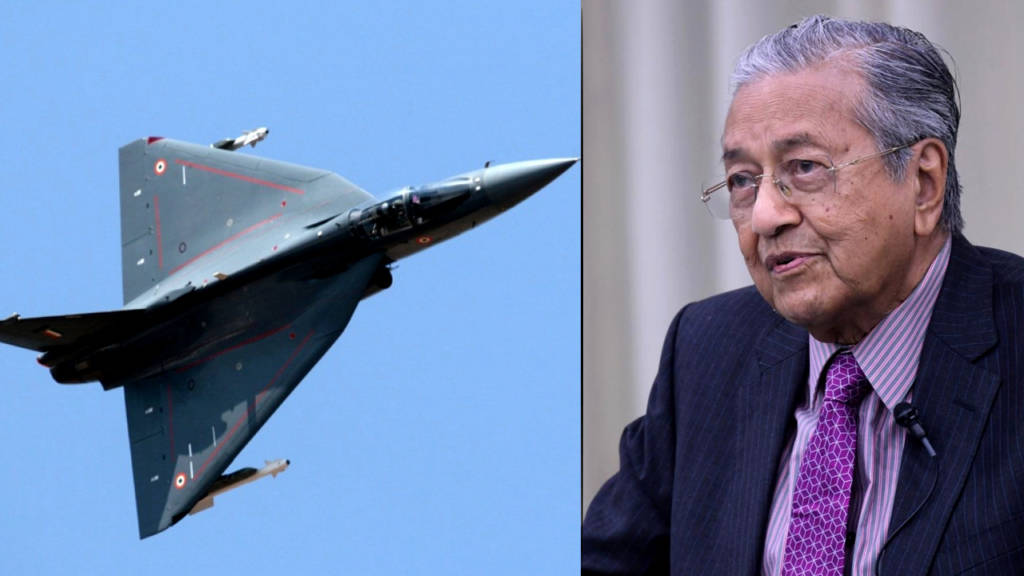Malaysia has shown keen interest in procuring Tejas fighter jets for the Malaysian Air Force, and has shortlisted the Indian jet, manufactured by the Indian state-run Hindustan Aeronautics Ltd (HAL) as one of the candidate for the contract of its 36 new Light Combat Aircraft.
Speaking to Times of India, the defence attache at the Indian High Commission in Kuala Lumpur, Aniruddh Chauhan had said, “Tejas has been shortlisted by Malaysia amongst other aircrafts like the China-Pakistan built JF-17, and South Korea’s F/A-50, but is perched comfortably as the favourite.” Along with Tejas other candidates in the race for the contract China-Pakistan’s JF-17, South Korea’s T-50 Golden Eagle, Russian YAK-130 and the BAE Systems’ armed Hawk.
In a new development, defence sources have told ThePrint that the Royal Malaysian Air Force is likely to issue a request for proposal (RFP) for the new contract of jets next year.
This likely deal would also make the first foreign defence sale for Hindustan Aeronautics Ltd (HAL) and a give huge boost to indigenous defence development programmes like of the Tejas, to further attract investments and government support in this regard.
It is important to note that diplomatic relations between the two nations had soured after Malaysian PM Mahathir Mohamad at the United Nations General Assembly (UNGA) had foolishly claimed that Kashmir has been “invaded and occupied”. Moreover, this move by the South-east Asian nation to lean towards the Indian Jet is being seen as an attempt to soothe out the diplomatic tensions between two major trade partners.
Bilateral trade between the two nations stands at around a whopping $12 billion, with imports from Malaysia to India being on a rising trend over the past few years. The Free trade agreement signed between the two governments in 2011 had also given a massive push to the bilateral trade. Since the same year custom duty on more than 1200 products has also been reduced or removed completely.
Thousands of Indians working in Malaysia also contribute massively to its economy. In the year 2011 Malaysian government had decided to recruit 45,000 Indian workers in a bid to overcome shortfall of employees in various businesses in Malaysia, Malay Human Resources Minister S Subramanian had said. Malaysian Industries have also been working closely with India in critical fields of Information Technology and defence. India and Malaysia had also signed three important agreements for cooperation in the field of cyber security, cultural exchange and administration with a view to further deepening defence, economic and cultural relations. Now in such hostile situation created by Malayasian PM”s comments any move by Indian administration to discourage Indian nationals and industries to work in/with Malaysia will surely have severe consequences on Malaysian industries.
As of today Palm oil is one of the major products exported by Malaysia to India and is a significant portion of the bilateral trade between the two nations; however given the aggressive nature of Malaysian PM at the UNGA , India might to alter its import policies regarding Palm oil by focusing on its imports through more friendly nations.
However, with latest developments in sight, mutual beneficial trade between Malaysia and India might be the way forward to ease out the diplomatic tensions and now Malaysia’s move now to consider the Indian jet certainly indicates towards its willingness to move in the same direction and attempt to balance out for the crass comments made by Malaysian PM at the UNGA. Nonetheless for India, it should certainly consider Malaysian PM Mahathir Mohamad’s support to terror sponsoring regime in Pakistan before transferring critical Indian defence equipment and tech to the South-east Asian nation and call for corrective action before letting the trade go through.
